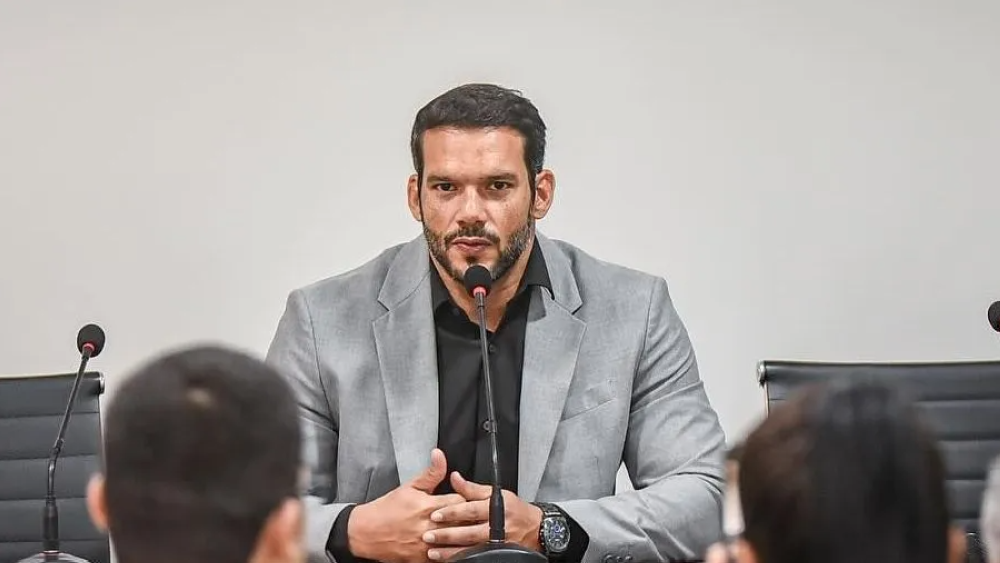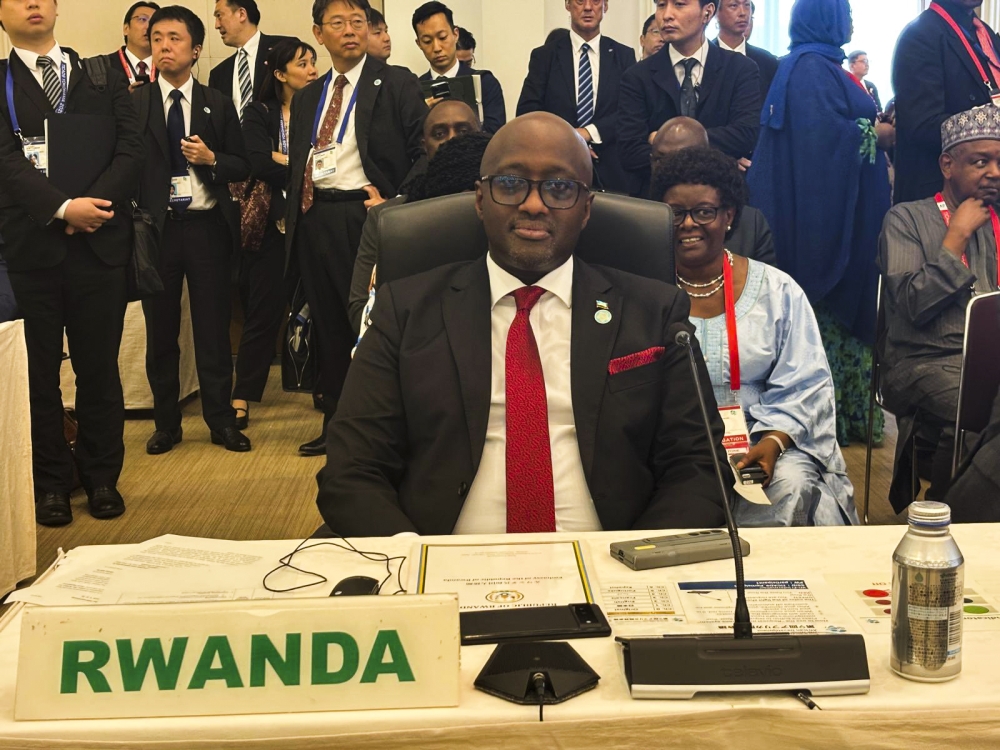Last January, The Economist described an event in Tel Aviv [“What next for the start-up nation? - Even in Israel, it is hard to turn young companies into adults”] where young technological firms make a 5-minute presentation to an audience that includes potential investors.


Last January, The Economist described an event in Tel Aviv ["What next for the start-up nation? - Even in Israel, it is hard to turn young companies into adults”] where young technological firms make a 5-minute presentation to an audience that includes potential investors. According to the article, most of them were flogging innovative computer programmes and hoping to receive private equity investment from some of the investors present in the audience. Having lived in the country for more than a few years and having heard Rwanda’s ambition to become an ICT-Hub [although we hear less of this ambition these days or is it just me?] the article was of particular interest. Whatever your position on the Israeli-Arab conflict, very few will contest the status of the State of Isreal as a technological innovator, the original ICT hub. There are more Israeli firms listed on the NASDAQ [an American Stock Market specialised in trading in shares of companies in the technology sector] than any other foreign country except China. Not bad for a country with a little less than 8 million people. Interestingly, and this was the main point of the article in The Economist, it is a nation filled with small companies coming up with innovations in computer programming and applications that are continuously being bought up by giant global IT companies. For this reason, the label applied to the country by Dan Senor and Saul Singer – "The Start-Up Nation” – has stuck with it.I wonder whether we cannot apply similar principles in our very own Rwanda. Computer programmes and applications do not require the raw materials, cheap energy and huge capital investment of heavy industry that Rwanda does not have in abundance to start with. All it needs is one or two computer whizzes with an idea and someone who is willing to invest in them. The only IT innovation I have heard of so far is HeHe Ltd that is doing some interesting things with mobile telephones. We need at least 10,000 HeHes before we even begin to approach ICT Hub status and by my calculations [assuming that 2020 is the deadline] we are way behind schedule. We could start with encouraging children at the primary school level to invent and innovate through science projects being incorporated into their curricula. Now that free laptops are widely distributed under the One-Child-Per-Laptop [or is it One-Laptop-Per-Child?], ICT innovation should come a little easier to students. Only then will the ICT Hub become a probability. On the subject of investment, The East African reported that the Government of Rwanda was "urging leading global investment banks” to establish themselves in Rwanda in order to make it easier to borrow funds for larger projects in the country. The article went on to list these banks some of whom featured unfavourably during the financial meltdown of 2008 and subsequent global recession. Banks that you generally associate with the words ‘bailout’ and ‘too big to fail’. That is not to say that they are unwelcome in Rwanda.On the contrary, they should become established in Rwanda and turn Kigali into an African financial centre. There are several advantages to their presence in this country but the Government should be careful about borrowing from them.




